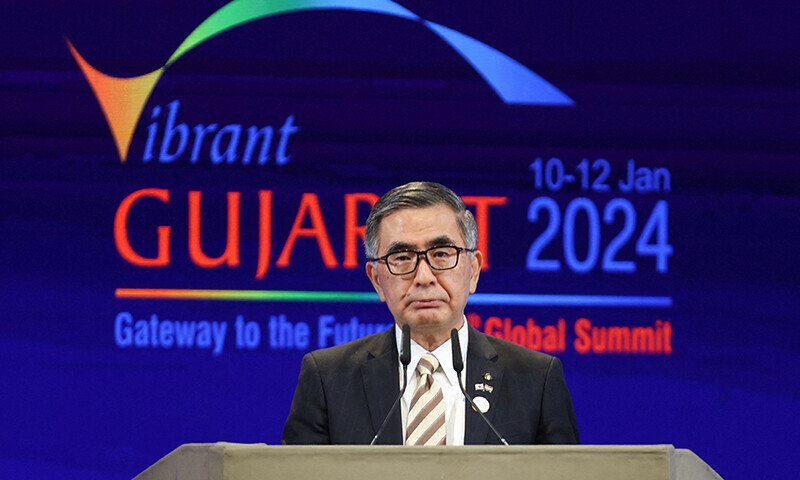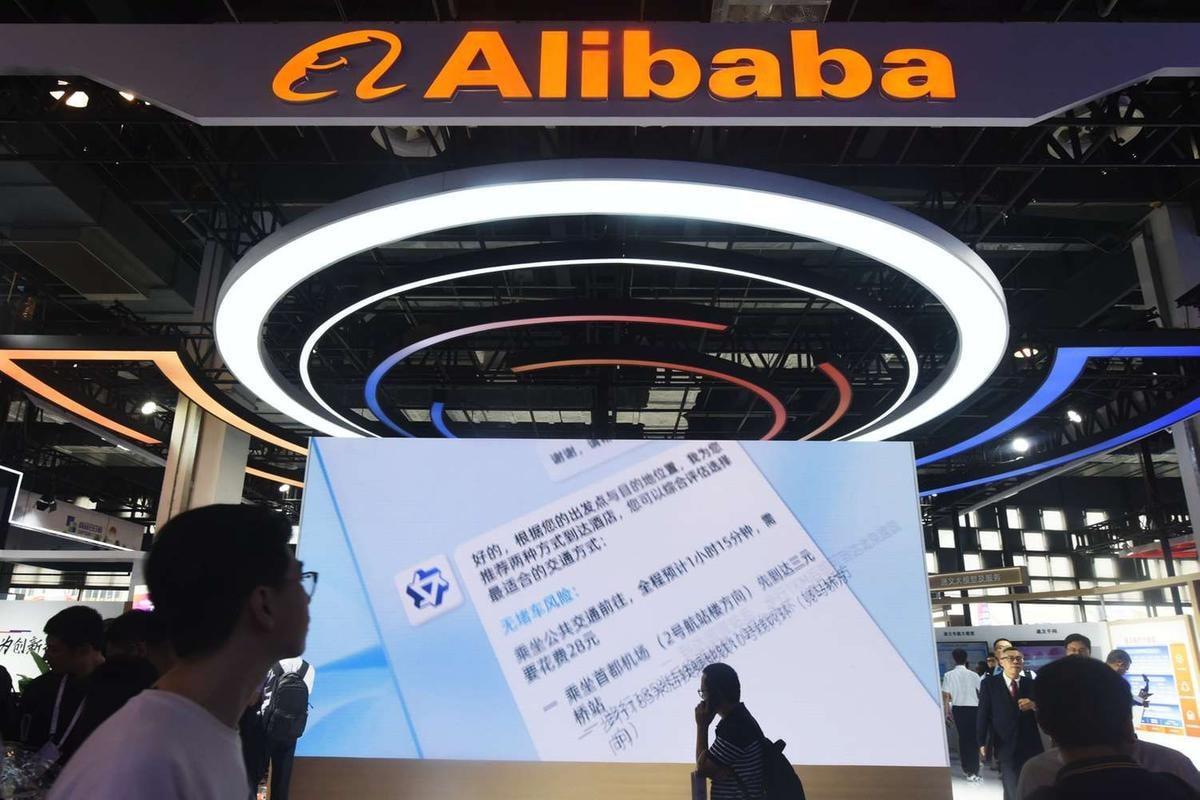SCIENCE & TECHNOLOGY

Suzuki Motor has announced plans to make India the global production hub for its electric vehicles (EVs) despite the ongoing slowdown in global EV sales. The company’s chief, Toshihiro Suzuki, shared the news during a visit to New Delhi, stating that India’s scale and growing market potential would enable Suzuki to expand its EV production and exports to countries like Japan, Europe, and beyond.
India, Suzuki’s largest market in terms of sales and revenue, will see the launch of the e Vitara mid-sized electric SUV this Friday, marking a significant step in the company’s transition to green mobility. The e Vitara will be exported to global markets and supplied to Suzuki’s partner, Toyota Motor Corp.
Toshihiro Suzuki expressed confidence in India’s growing EV market, despite a slowdown in global EV sales. “The global EV market is sluggish, but in India, there’s great potential for growth,” he said. Although EV sales growth in India slowed to 20% last year from 115% in 2023, it still outpaced overall car market growth, which was only 4%.
Suzuki’s Investment and Expansion Plans
Suzuki has already begun investing heavily in India, with plans to invest over $4 billion to double its car production capacity to 4 million units per year by 2031. The company is focused on increasing its EV production capacity, responding to customer concerns regarding vehicle range and charging infrastructure. Suzuki will roll out charging stations at its service centers and expand into small EVs once it has perfected the technology.
With India becoming the world’s third-largest automotive market, Suzuki aims to reclaim its market share of over 50%, which it held until 2020 but has since shrunk to about 40%.
EV Growth in India
The Indian government has set ambitious goals for EV adoption, aiming for 30% market share by 2030. Suzuki’s investments in India align with this vision and represent the company’s commitment to fostering a green future for the automotive industry.
As the competition heats up in India’s car market, with rivals like Hyundai Motor and Tata Motors bringing in premium SUVs, Suzuki is looking to stay ahead by diversifying its green technologies, including hybrids, gas, and hydrogen-powered vehicles.




